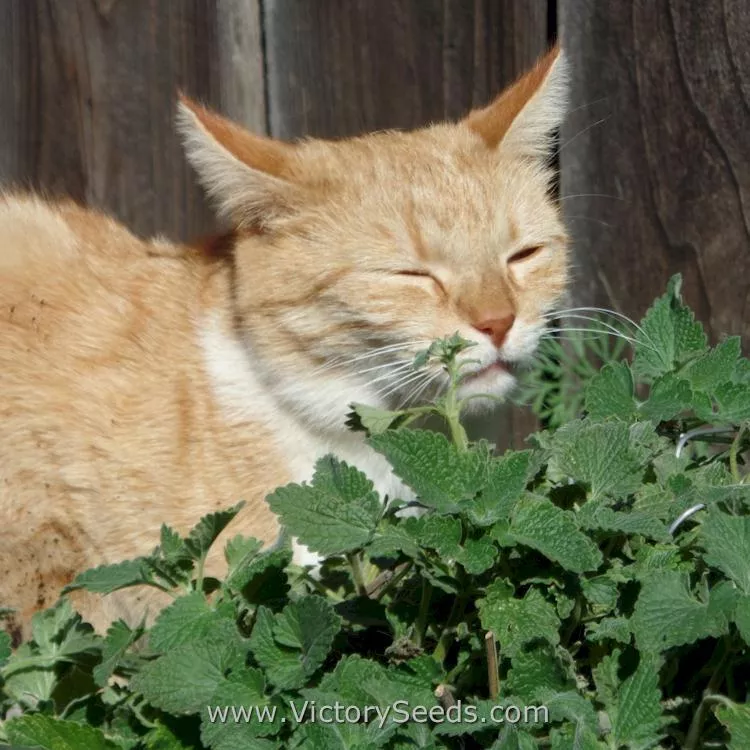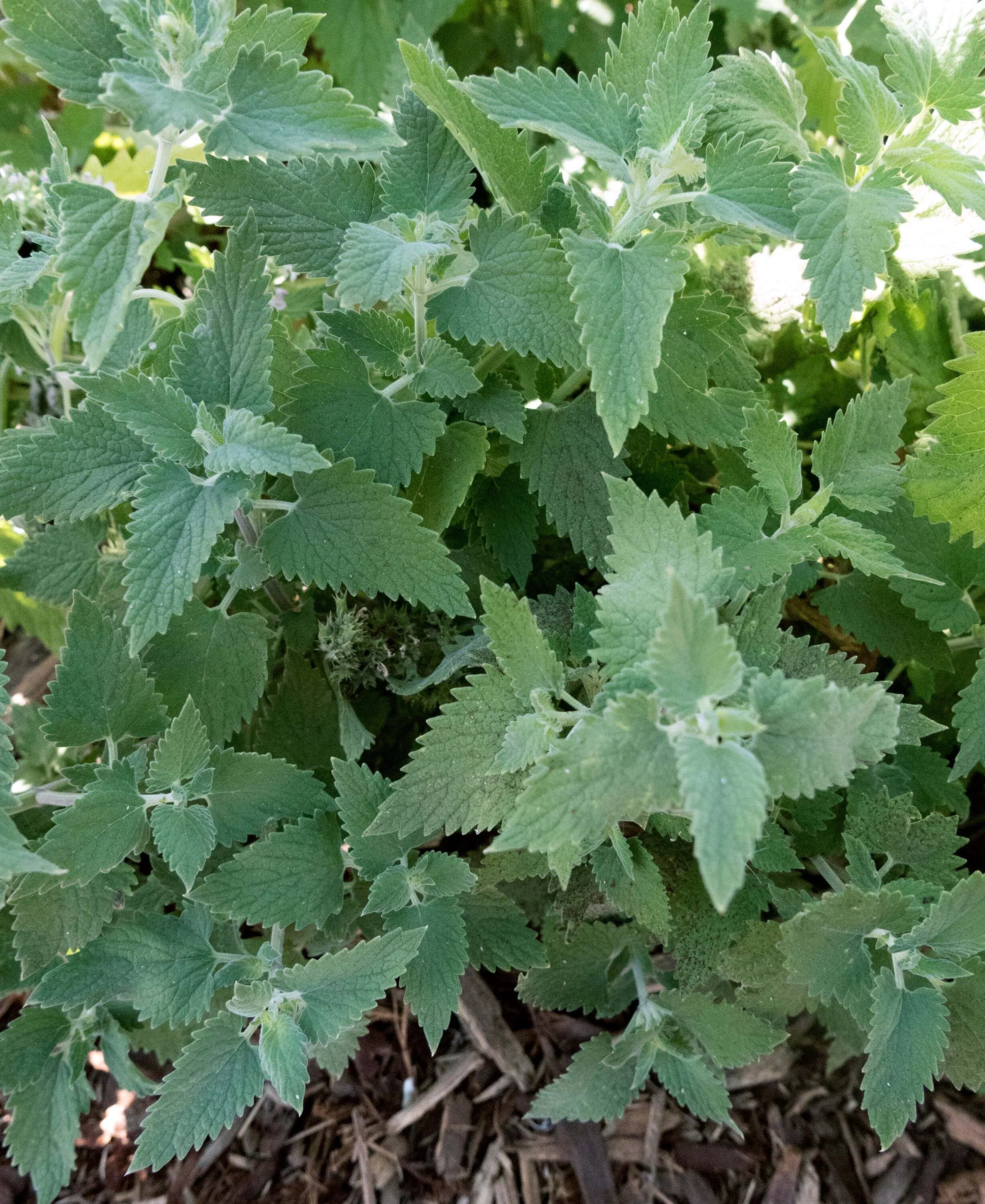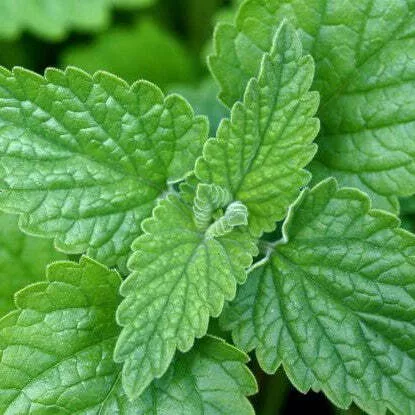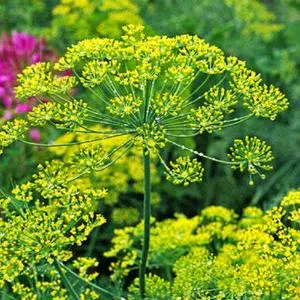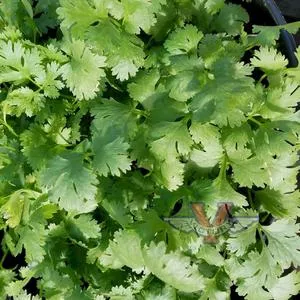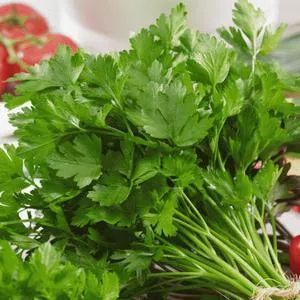


Catnip
Price: $3.25
SKU: 4000071The leaves can be harvested, dried, and store in an airtight container is a cool, dark location to preserve freshness. It can then be sewn in small cloth bags to be used as play toys for your cats. One whiff and your cats will be hooked. They will have so much fun that they will likely wallow your young plants to death! Placing some form of protection around immature plants until they are well established is a good idea.
When picked or bruised, the plants exude a characteristic, aromatic scent that as mentioned, is quite attractive to most felines. Interestingly, if the plants are sown in situ or have come up as volunteers from the previous season, cats will pass them by. This observation confirms the age-old poem that goes:
If you sow it, the cats don't know it."
To make an infusion, use one ounce of catnip to one pint of boiling water in a glass or other non-metal, non-reactive vessel and keep covered for five minutes. Dosage is two tablespoons for adults, two to three tablespoons for children.[1]
A decoction was made out of catnip, to which honey was added for sweetness, to use to help alleviate coughs.[1]
It was also used in the form of a poultice or fomentation to relieve painful swellings.[1]
- "A Modern Herbal," Mrs. M. Grieve, 1931, p. 173-175.
Customer Reviews:
By Crissa Becker on March 2, 2019
Love this plant. It grew to three feet high in two years, and here in Dallas-Ft. Worth, it stays green and grows all winter too! The cats just plop down in the middle of the four square foot plot of catnip and fall asleep, but it doesn't hurt the catnip. It is drought resistant and one of the only plants that doesn't wilt in our 100F+ heat! Be careful, this plant could easily invade your garden beds! I planted in a four square foot raised bed, so it can't spread to my vegetables. I highly recommend this herb.
By rosemary kelley on January 3, 2014
I have tried to grow this before with no luck. However these seeds all germinated very quickly. I started these in the house 2013 but I started them too early. So they were not very happy when I put them in my herb garden-despite my mistake they did amazing! I had catnip all summer/fall and I love the plant. It smells wonderful and I have used it for insect repellent recipes, teas, and flower arrangements when it blooms. This herb is very versatile and easy to grow. I mulch my gardens and just checked my herb garden-I still have catnip in January. I will plant more in my other gardens to help with insect pollination.

